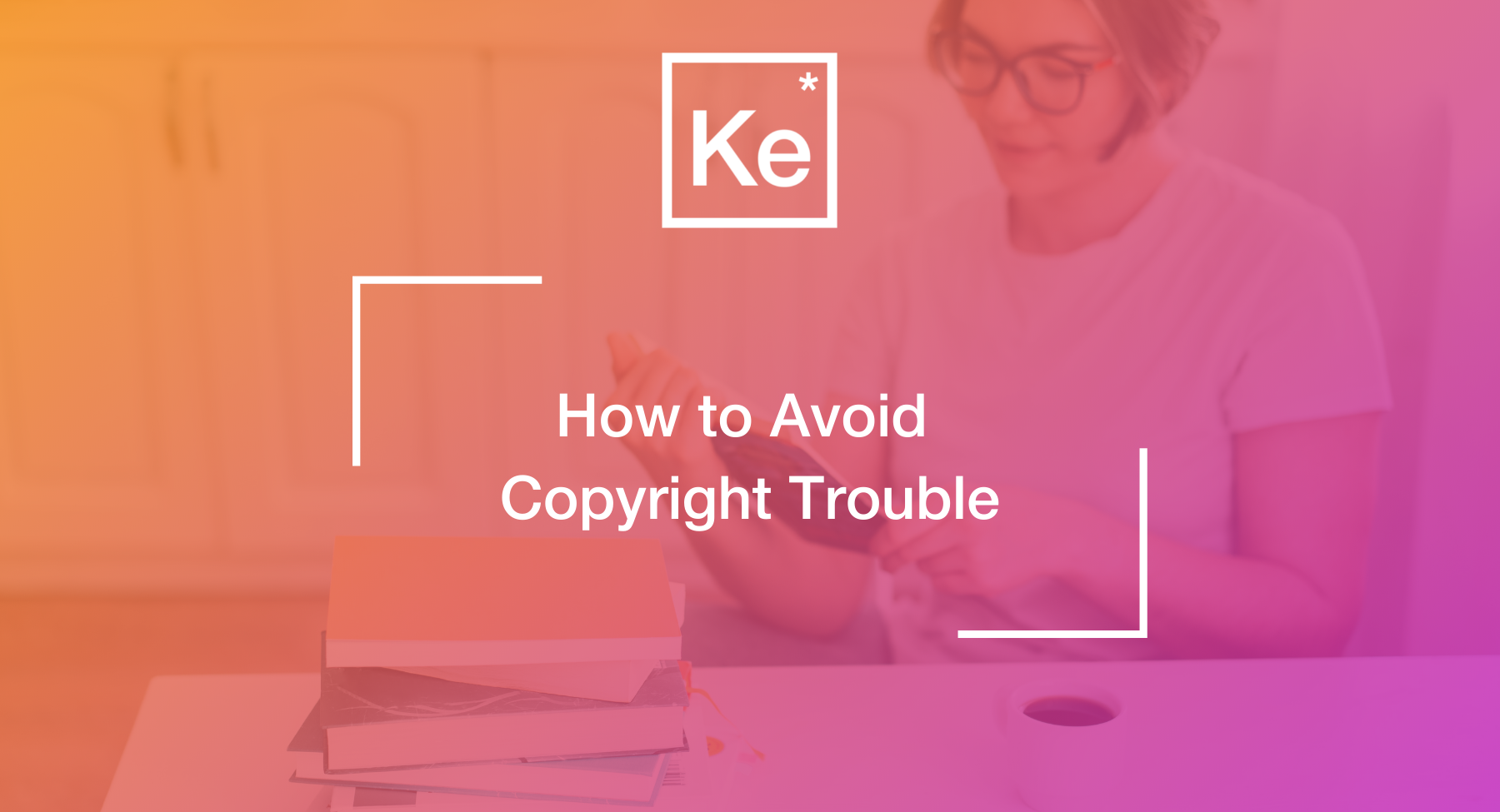As a business owner, it’s important to be aware of copyright law. This is especially true when it comes to using photos, fonts, and design in your marketing materials. If you’re not careful, you could end up getting sued for violating someone’s copyright. In this blog post, we will discuss what is copyrighted and how you can use creative commons material without running into legal trouble.
What is copyrighted material?
When it comes to copyrighted material, there are two main categories: original works and derivative works. Original works are those that are created by the author and are not based on any preexisting work. Derivative works, on the other hand, are based on someone else’s original work. For example, if you were to create a painting based on a photo you saw online, that would be considered a derivative work.
In order to use copyrighted material legally—this includes items such as photos or fonts—you need to get permission from the copyright holder. This can be done by buying the rights to use the material or by finding material that is in the public domain or has a Creative Commons license.
Public Domain
Public domain materials are those that have been released into the public domain by the copyright holder. This can be done intentionally, such as when an author wants their work to be used freely. It can also happen unintentionally, such as when a copyright expires. In the United States, copyrights expire 70 years after the death of the author. After a copyright expires, the work is considered public domain and can be used without permission from the copyright holder.
Creative Commons
Creative Commons is a nonprofit organization that provides free licenses for artists to release their work into the public domain. These licenses allow others to use the material in certain ways, such as for commercial purposes or to create derivative works. When using Creative Commons material, it’s important to read the license carefully to make sure you are following all of the requirements.
Types of creative commons licenses include:
- Attribution: This license lets others distribute, remix, tweak, and build upon your work, even commercially, as long as they credit you for the original creation.
- Non-Commercial: This license lets others remix, tweak, and build upon your work non-commercially.
- Share Alike: This license lets others remix, tweak, and build upon your work non-commercially as long as they credit you and license their new creations under the identical terms.
So, to avoid getting into trouble with copyright law, make sure you get permission from the copyright holder before using copyrighted material. If you’re not sure whether something is copyrighted or in the public domain, it’s always best to err on the side of caution and get permission first. And when in doubt, consult with a lawyer who specializes in copyright law. They can help you determine whether you need to get permission to use something and how to go about doing so.
What about my or my business’ creative works?
If you create something original—such as a photo, painting, or piece of writing—it is automatically copyrighted. That means that no one can use it without your permission. You can choose to release it into the public domain or under a Creative Commons license if you want others to be able to use it. But you don’t have to; you can keep it copyrighted and only allow people to use it if you give them explicit permission.
When it comes to business, copyright law can be tricky. But as long as you’re aware of the basics, you should be able to avoid any legal trouble. Just remember: get permission before using someone else’s copyrighted material, and don’t forget that your own creative works are automatically copyrighted (although you should keep records of the creation or register for a trademark if needed). If you have any questions, be sure to consult with a lawyer who specializes in copyright law. They can help you navigate the complexities of copyright law and make sure you’re using copyrighted material legally.
